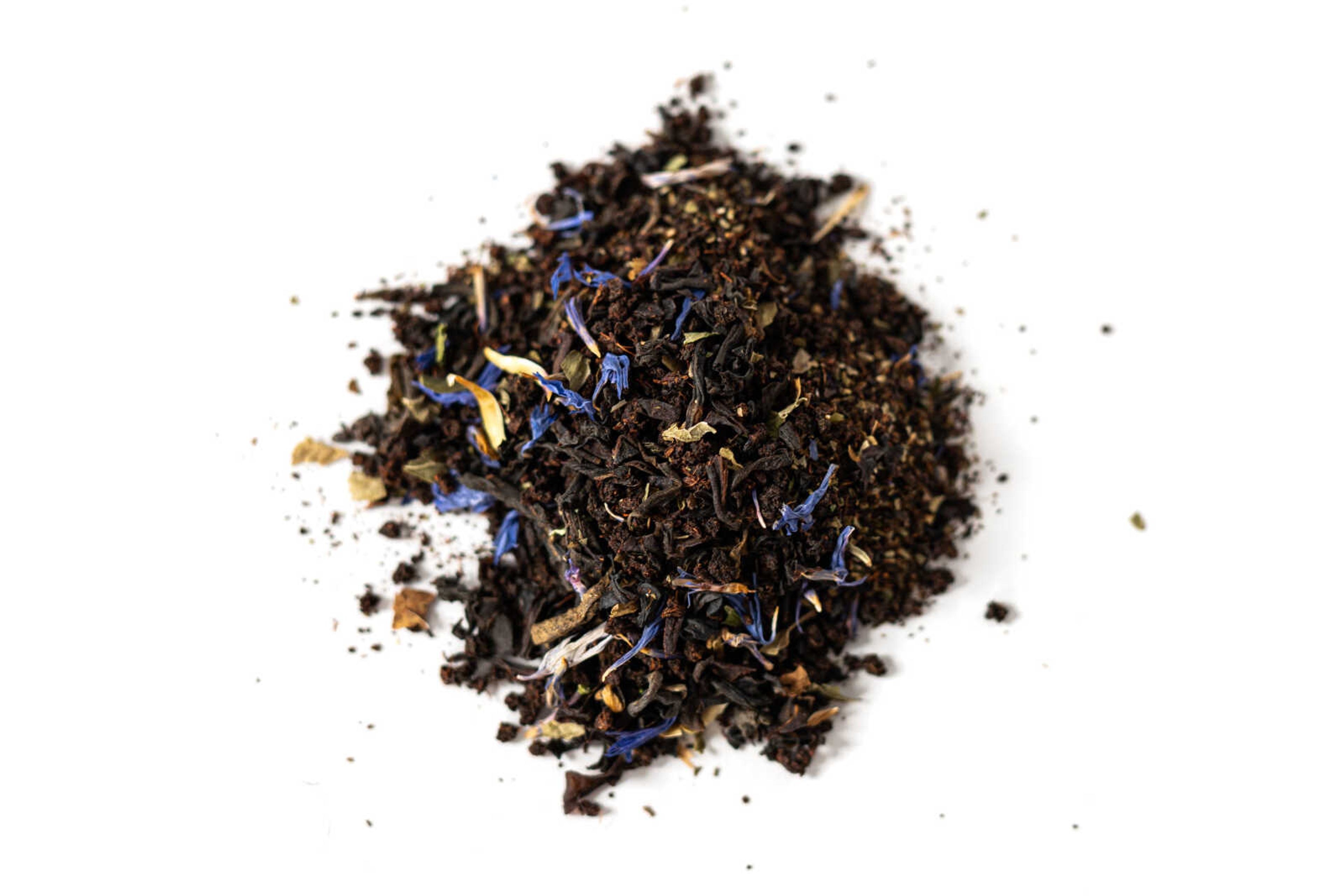The Health Benefits of Tea
Leaves and hot water. With just these two ingredients, tea may seem simple, but this drink is complicated. Tea has caused wars and is an important tradition in many cultures and religions. It’s also one of the most-consumed beverages worldwide, second to water; according to Statistica, approximately 6.8 billion kilograms of tea were consumed globally in 2022, and this number is only expected to increase...
Leaves and hot water.
With just these two ingredients, tea may seem simple, but this drink is complicated. Tea has caused wars and is an important tradition in many cultures and religions. It’s also one of the most-consumed beverages worldwide, second to water; according to Statistica, approximately 6.8 billion kilograms of tea were consumed globally in 2022, and this number is only expected to increase.
One of the most interesting and complicated aspects of tea is its health benefits. Here, three local tea enthusiasts explain the many advantages to drinking tea, as well as the differences between black, green, white and herbal teas.
__Black tea__
Kelsey Tillman, doctor of nursing practice at Integrative Health of Southeast Missouri, says black tea contains more tannins than other types of tea. Tannins are a group of chemical compounds naturally found in tea and other plants that give tea its distinct taste, act as an antioxidant and provide many health benefits, such as fighting inflammation, that are still being researched by scientists.
Black tea has the highest level of caffeine at 47 to 90 milligrams per cup, according to the Healthline article “How Much Caffeine is in White Tea?” by Katey Davidson. This is still considerably less than coffee’s caffeine concentration at approximately 96 milligrams per cup.
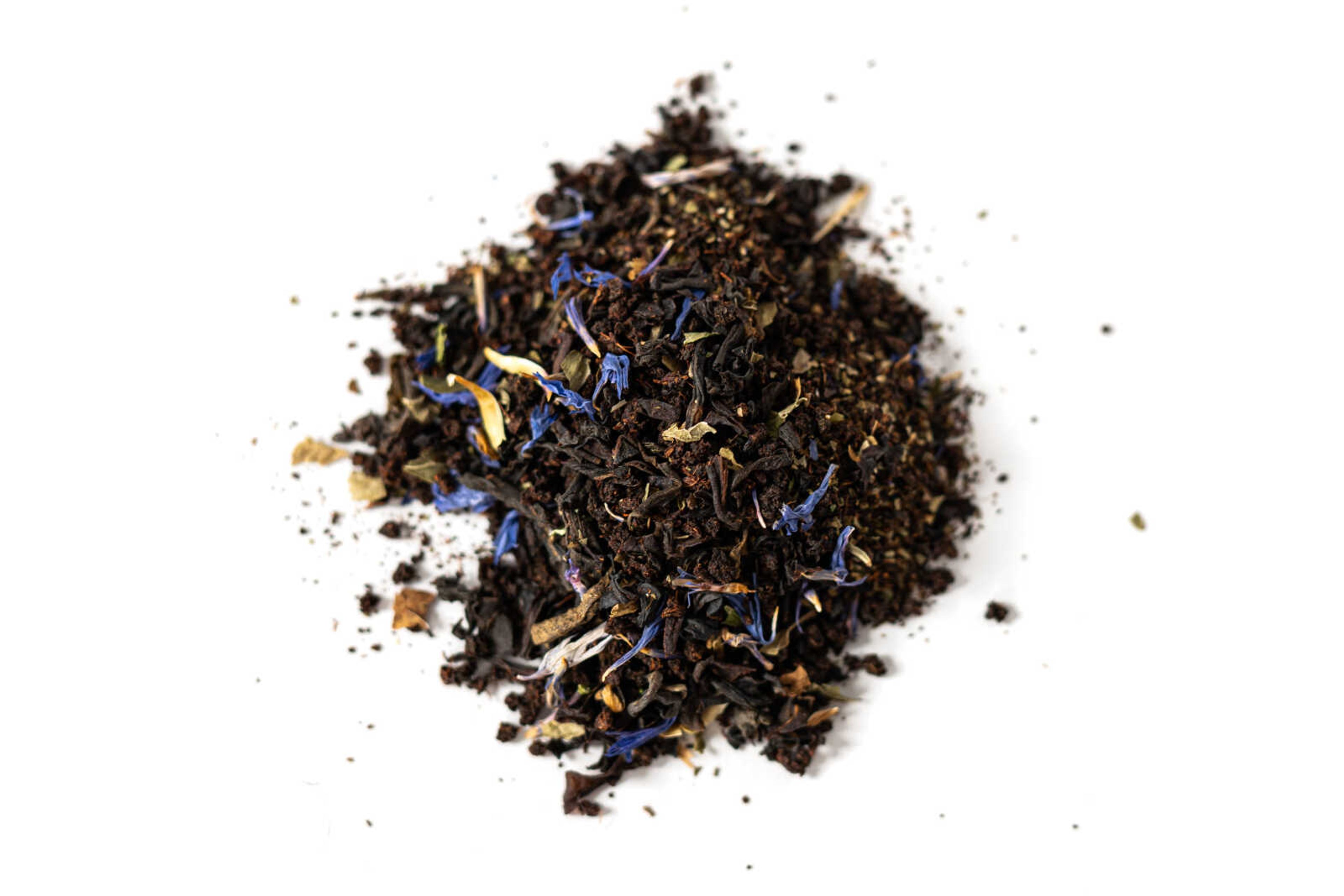
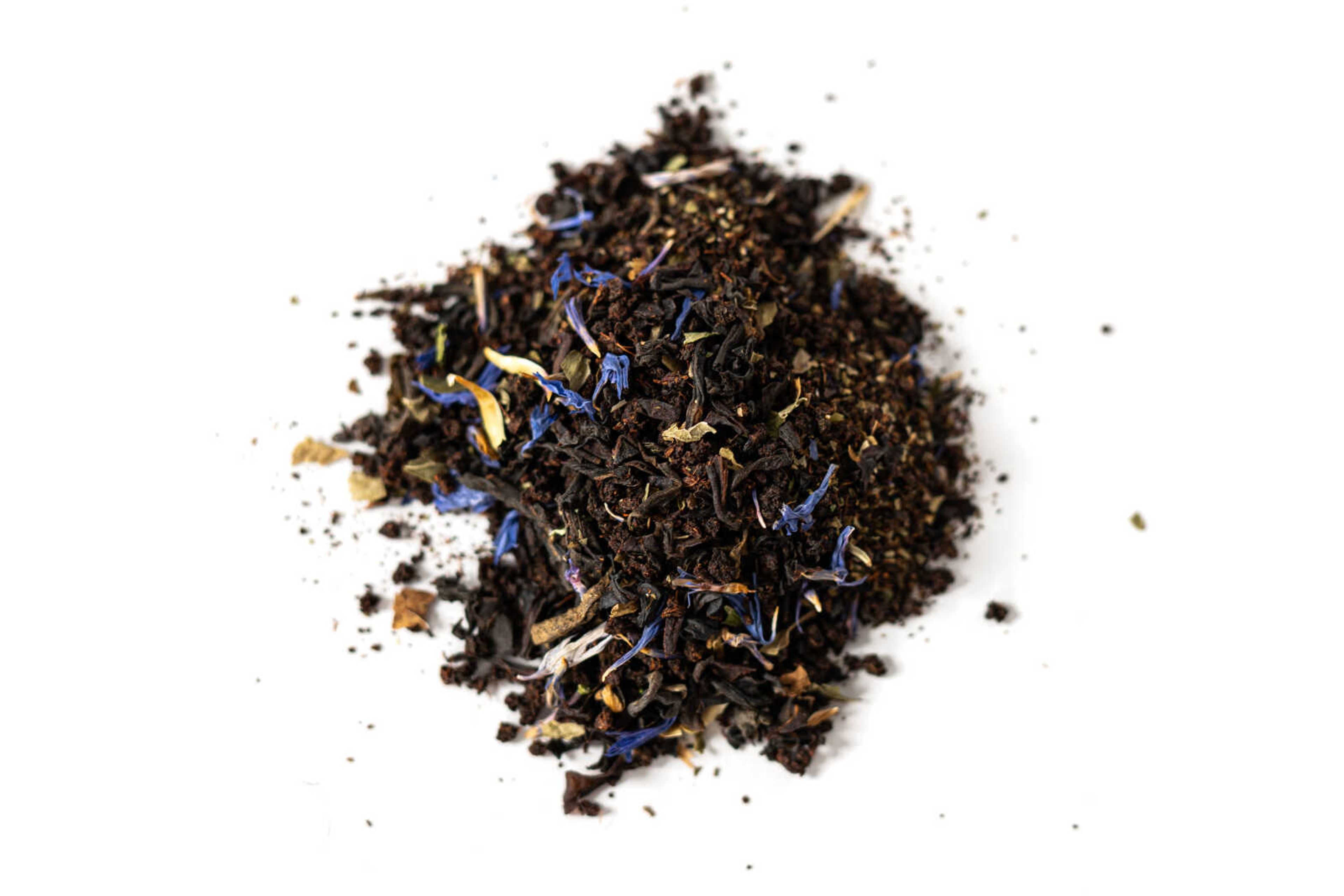
Shu-Chuan Wang-McGrath, tea enthusiast and professor at Southeast Missouri State University, says “good bacteria” is added to black tea as a result of the aging process, which is good for digestive health. She says this is one of the best benefits of aged black teas, some of which have been aged for 30 years or longer.
Black tea also contains antioxidants, which Elyssa Glaus, owner of herb and specialty shop The Green Lady’s Hermitage, says can aid in repairing cellular damage.
Those who drink black tea might add sweetener or cream to their beverages as they would with coffee. However, Tillman says adding milk or heavy cream to tea can decrease some of the antioxidant capabilities of the drink. She recommends using honey as a sweetener, because it is natural and has antiviral effects.
Wang-McGrath says she prefers to “taste the tea itself,” but if she does add something to her tea, it’s usually ginger or dates, which both flavor the beverage without altering its chemistry.
“Any tea has health benefits to a different degree … but if you add sugar, then it’s a different thing. If you add milk, it becomes different,” Wang-McGrath says.
Glaus says she used to be opposed to adding sugar, milk or other additives to tea.
“But I’ve come to see, ultimately, this is meant to be enjoyed, so what you have to do to enjoy it, absolutely do it,” Glaus says.
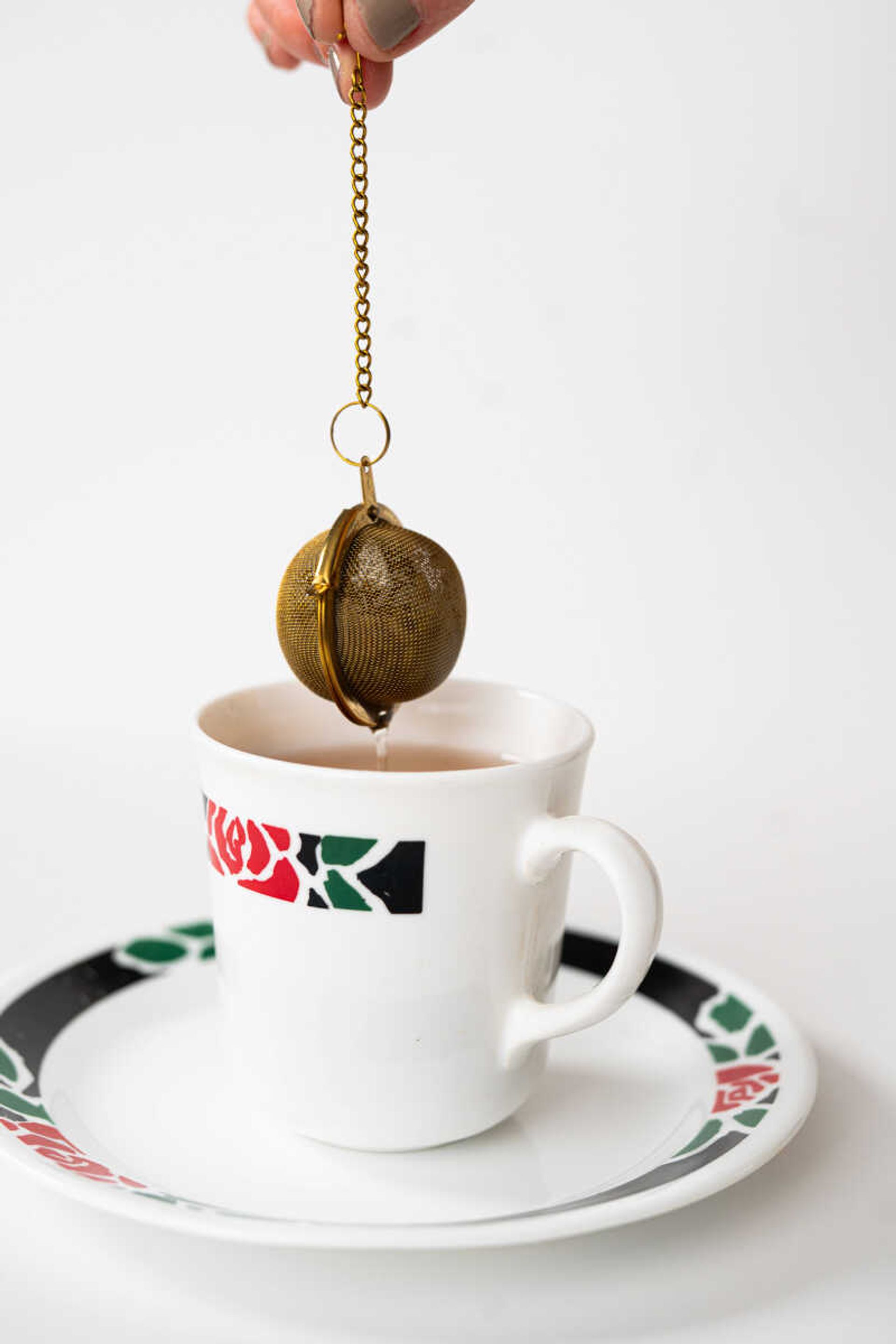
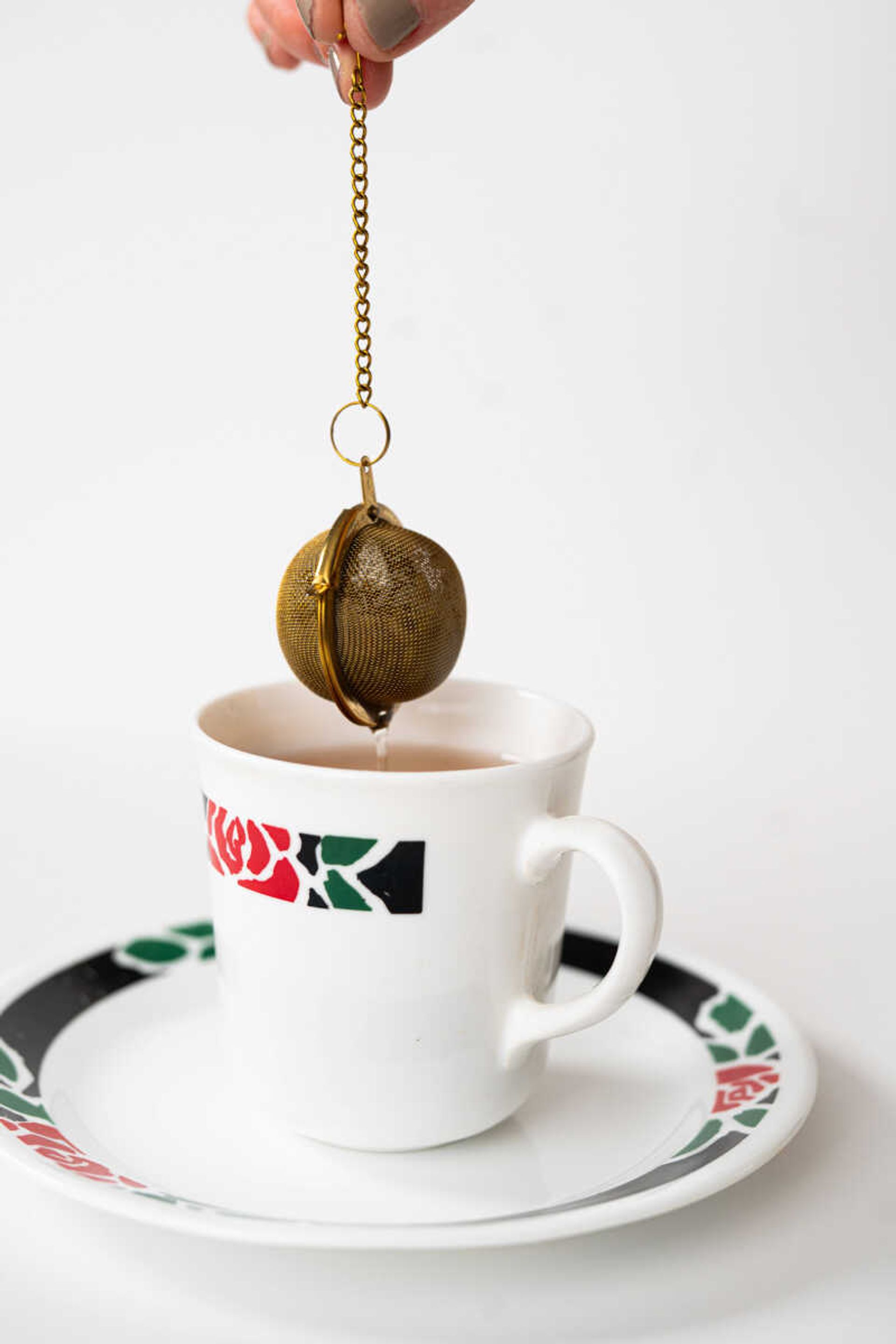
__Green tea__
Green tea is one of the most-studied teas in terms of its health benefits.
“The greener it is, the less roasted [the tea is] and [the less] oxidation. That preserves the medical benefits of the tea,” Wang-McGrath says.
Green tea contains less caffeine at approximately 30 to 70 milligrams per cup, according to the Healthline article by Davidson. However, Tillman says the presence of an amino acid L-theanine in green tea helps calm and balance the effects of the caffeine.
“Caffeine ramps up [our] nervous system [and can go] past slight increase of focus and attention [and cause us to be] shaky and jittery,” Tillman says. “[Green tea is] a little more balanced, instead of ramping everything up.”
Tillman says some studies have shown green tea can help with insulin sensitivity in individuals with Type 2 diabetes. She says green tea consumption has also been shown to lower low-density lipoprotein (LDL) cholesterol levels in some individuals.
Glaus says green tea is great for soothing sunburns, as the antioxidants can help repair cellular damage. After she’s spent some time in the sun, Glaus soaks a cloth in green tea and holds it to her skin to “knock that sunburn out.”
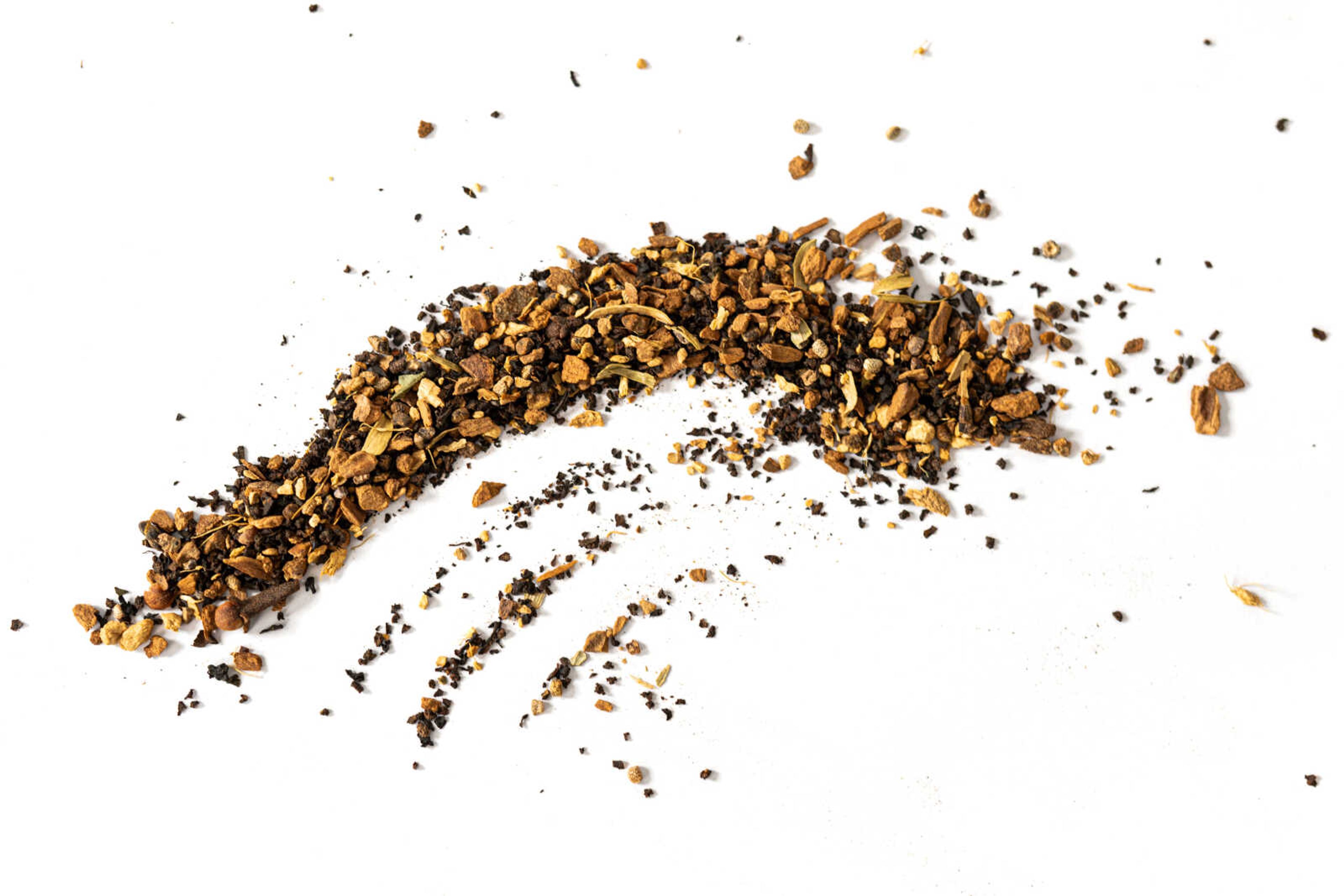
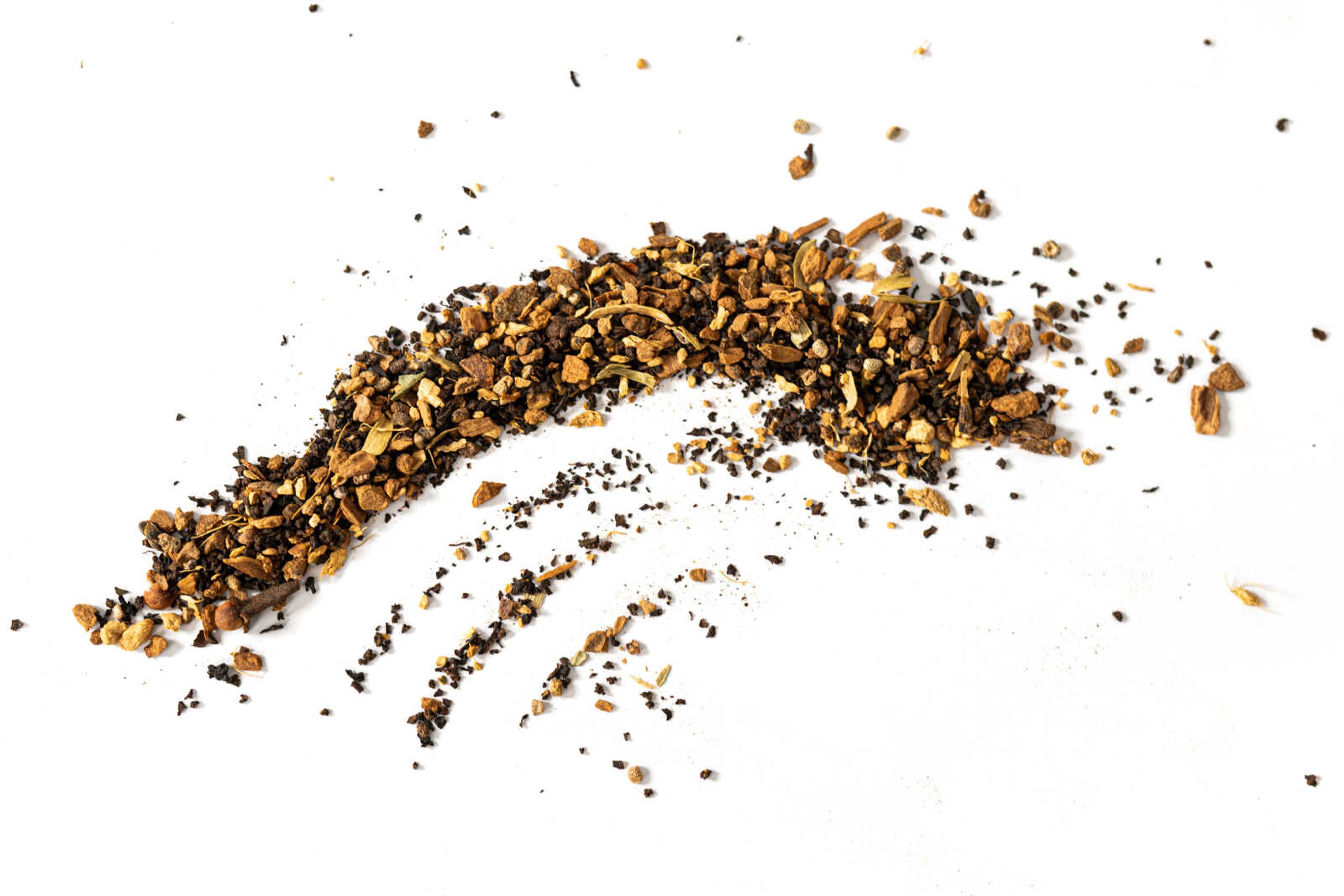
__White tea__
White tea is a delicate form of green tea. It is picked early and goes through the least amount of oxidation — otherwise known as fermentation. This means it contains less caffeine than black or green tea at approximately six to 55 milligrams per cup, according to the Healthline article by Davidson.
Wang-McGrath refers to white tea as “baby tea” and enjoys drinking it. When she hosts tea tastings for her students, she usually starts by serving a white or jasmine tea.
Glaus says white tea comes from leaves that have not fully bloomed, which means they have less antioxidants and health benefits as compared to other teas, because they haven’t been allowed to mature. She says they are “very floral,” and she considers them more of a pleasure tea.
__Herbal tea__
Black, green and white tea leaves all come from the same plant, Camellia sinensis. Herbal “teas” do not come from this plant, so they are not technically tea, but rather, herbal infusions. They don’t contain caffeine and come with their own unique health effects.
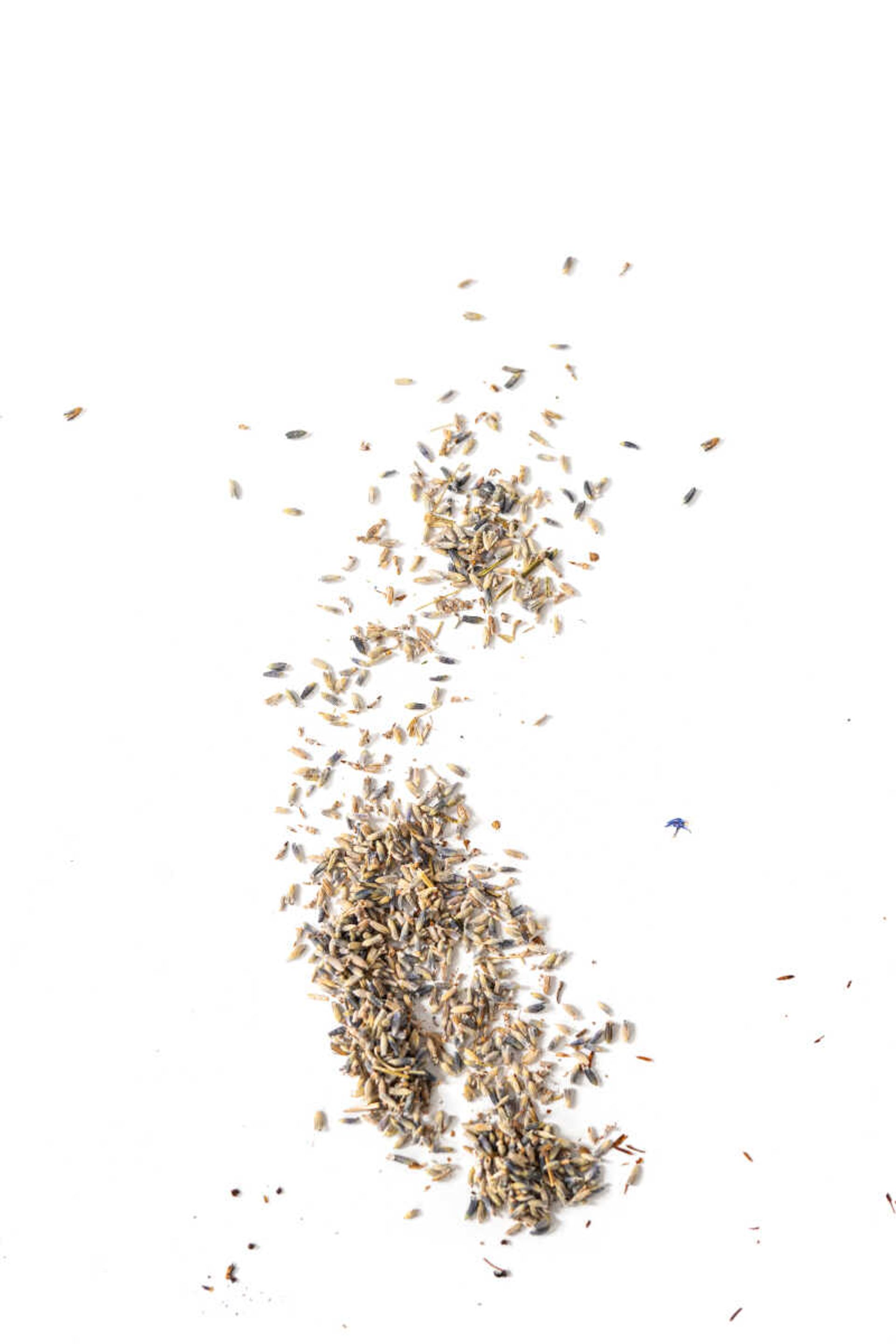
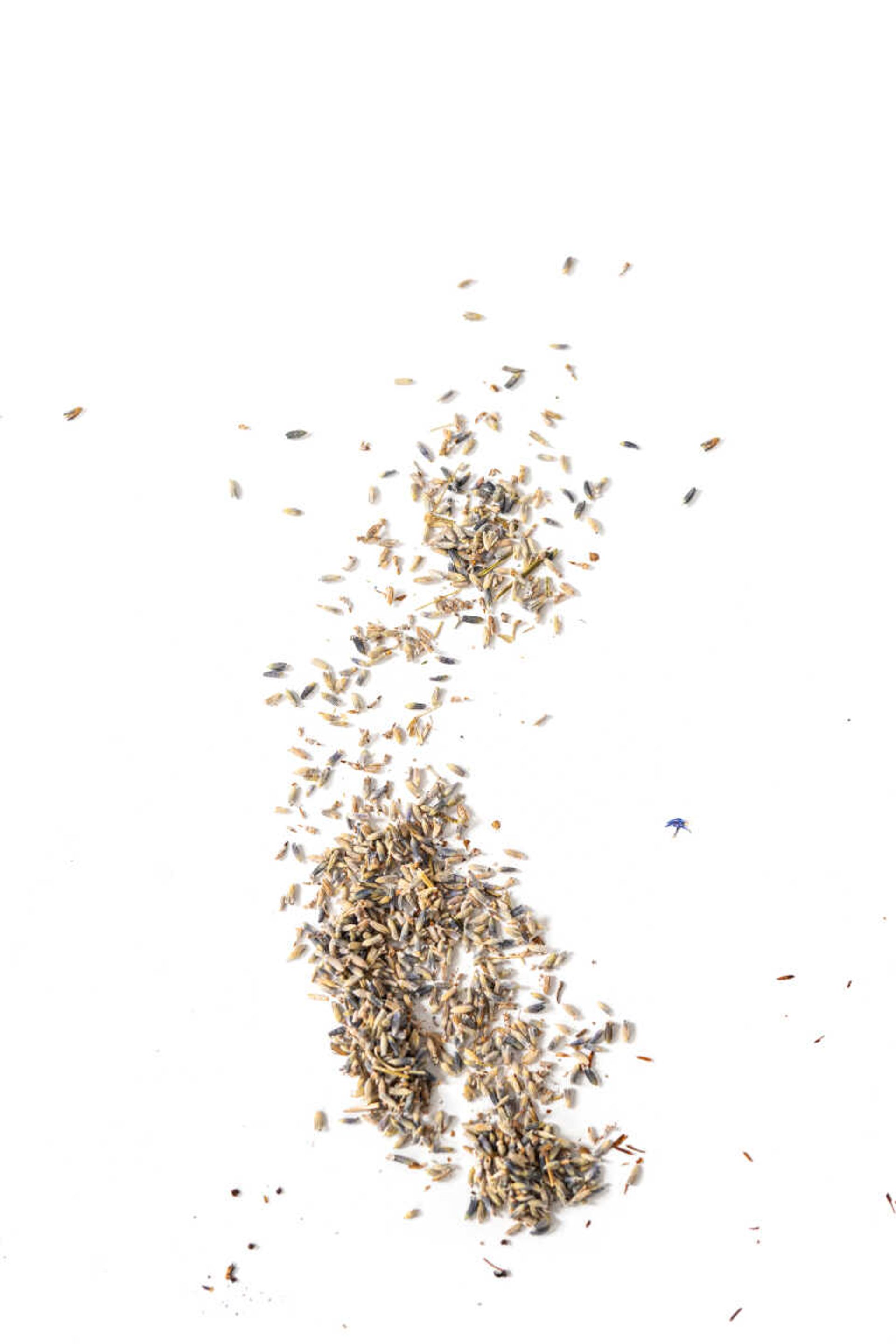
Glaus specializes in herbal teas and says she loves creating custom blends based on an individuals’ specific needs.
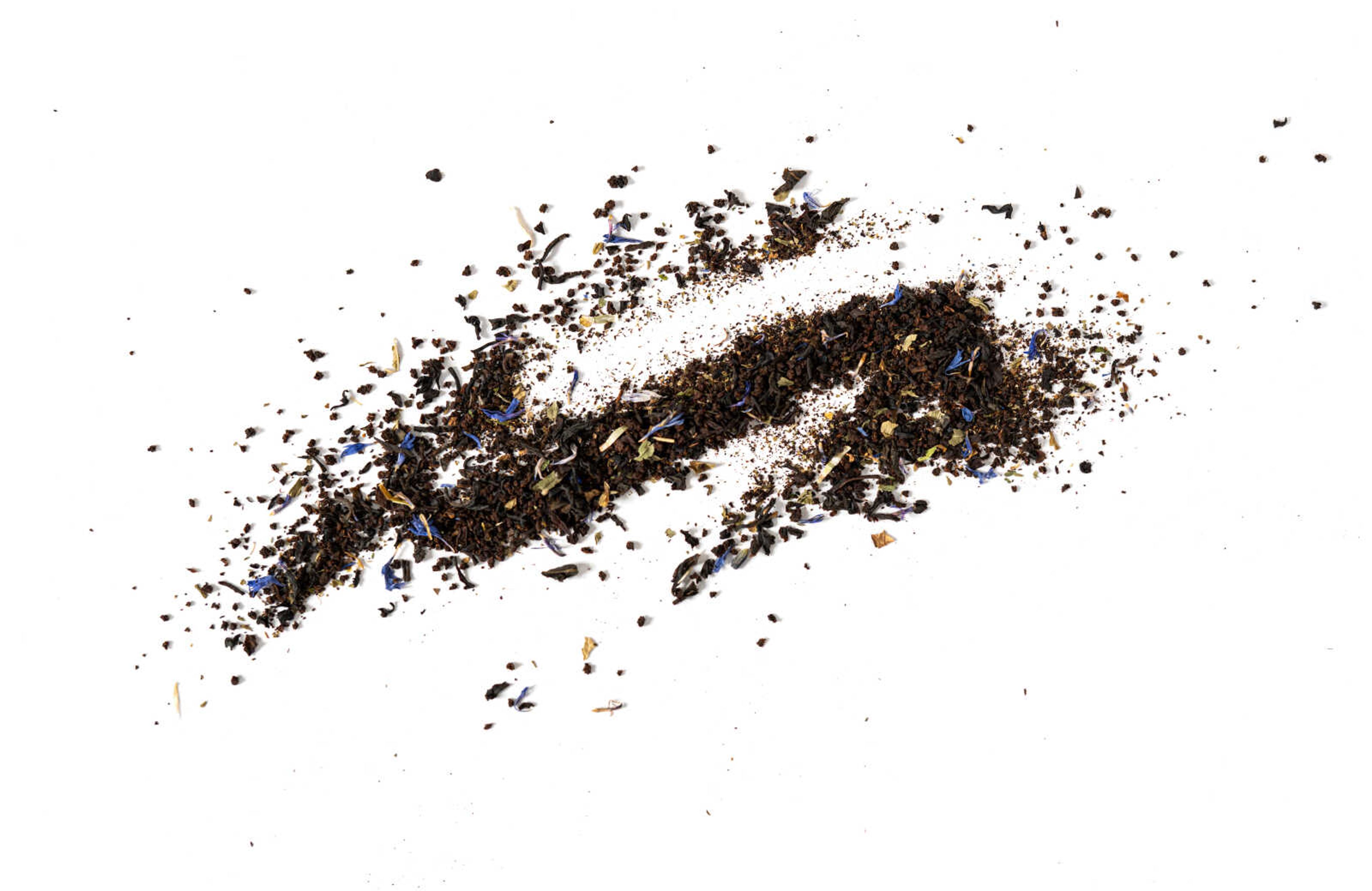
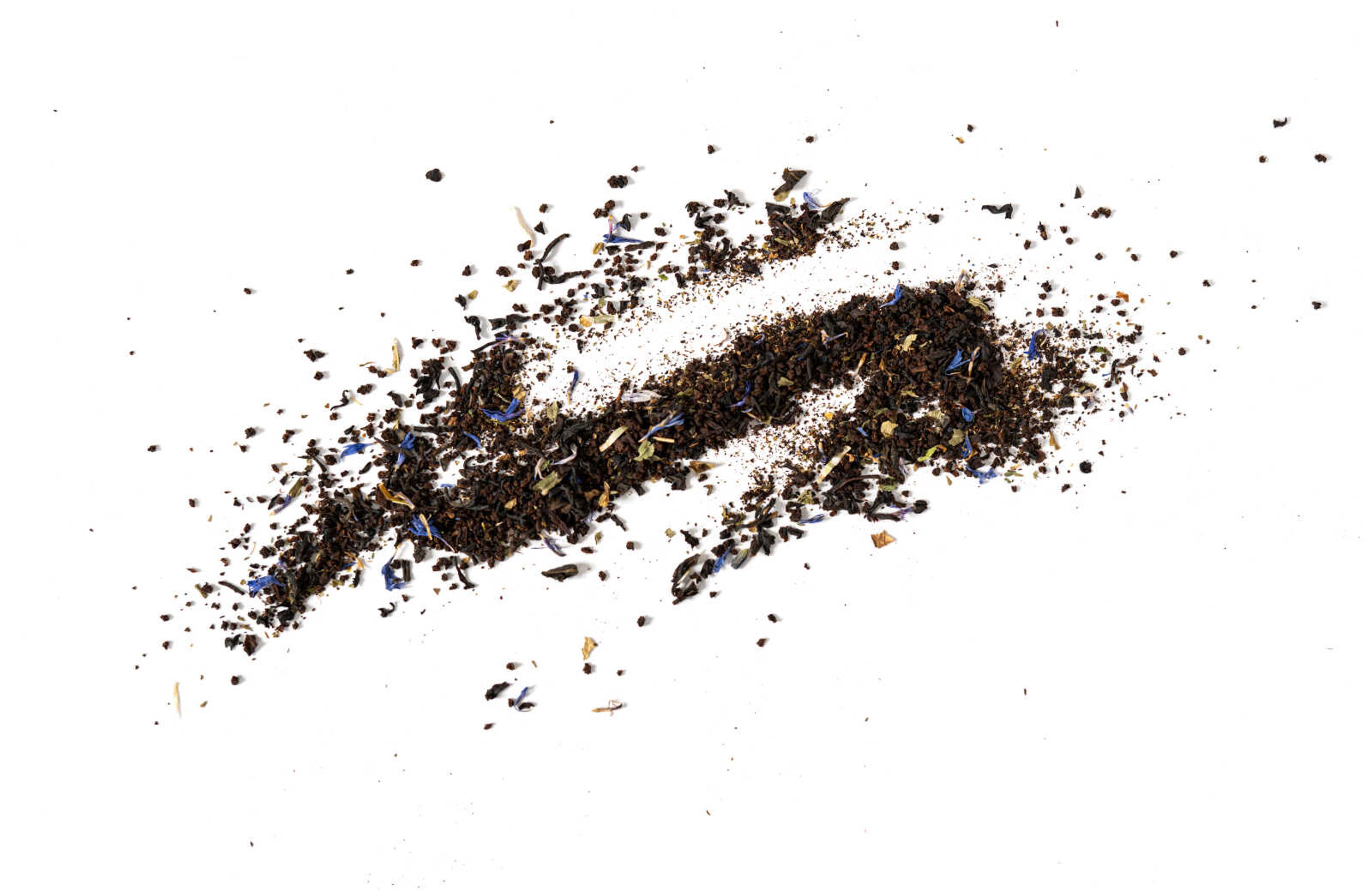
“They all do different things, but a lot of times, I will blend herbs that have similar properties, because they work best in synergy, and together, they are stronger,” Glaus says.
Just a few of the popular herbal infusions include:
Spearmint and peppermint: Both help with digestion and uptake of nutrients.
“When your digestion is better, your mental clarity is better,” Glaus says.
Tillman says “soothing” is a good adjective for peppermint teas, since the herb helps soothe stomach cramps and relax digestive muscles.
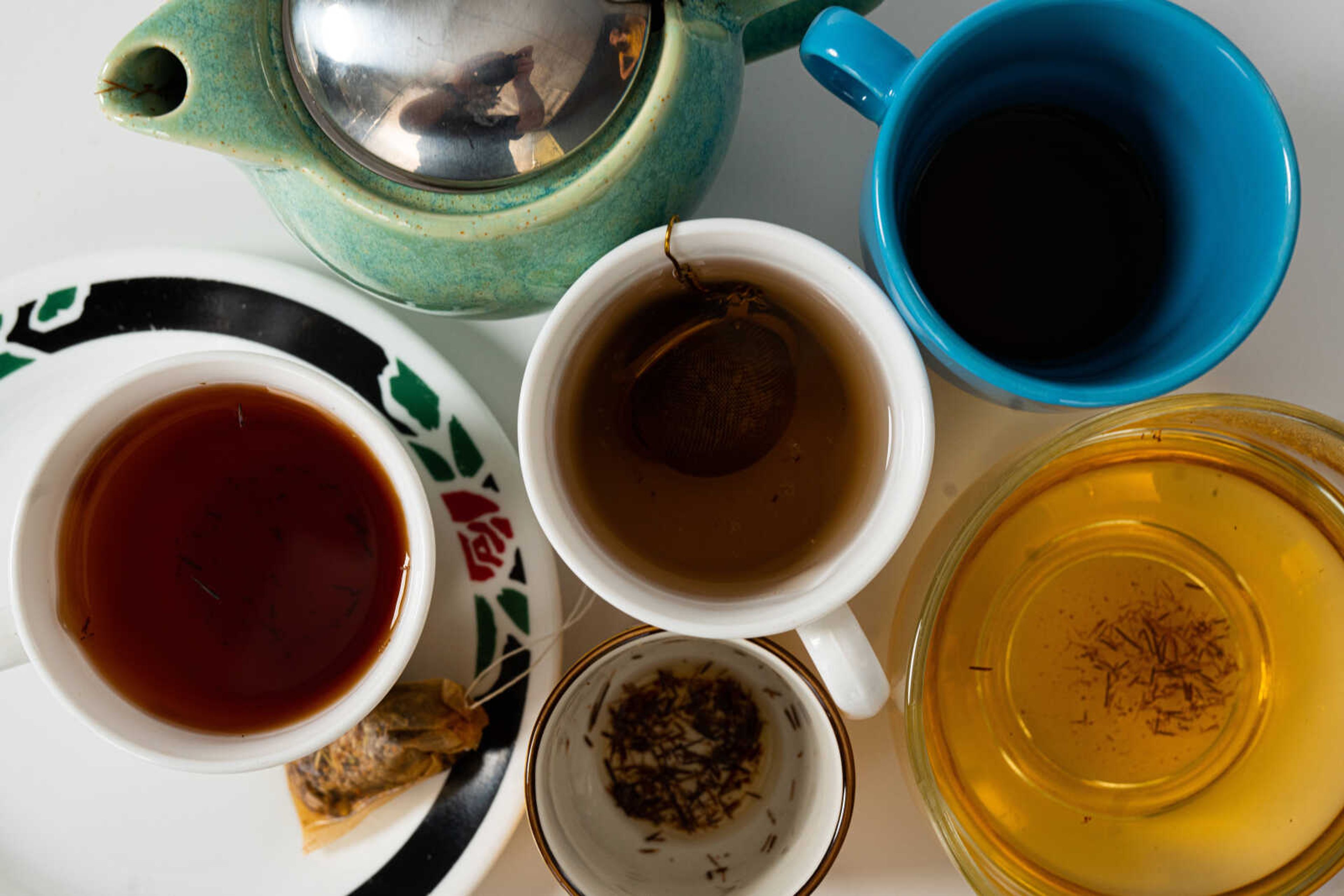
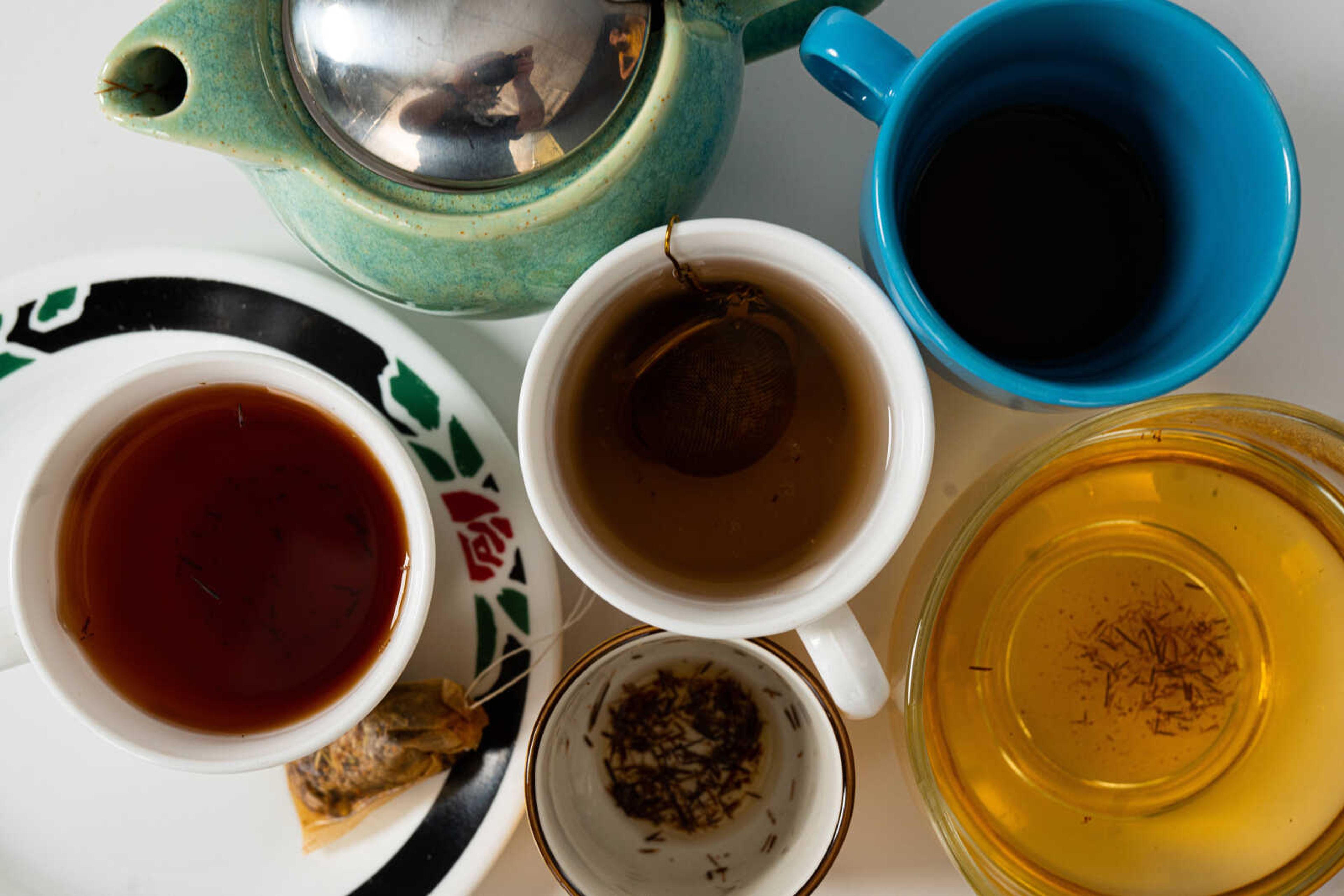
Chamomile: This herb is known by many for its sleep-inducing qualities. Tillman says chamomile actually works on receptors in the brain to help people calm down.
“Some of these compounds [in herbs] are working on the same receptors that medications are. Not to that same degree, but something that’s a little more subtle, a little more natural,” Tillman says.
Marshmallow root: Glaus says this herb is one of her favorites for soothing a stomachache. It soothes by helping support and increase the mucus layer of the stomach lining, which Tillman says can provide some protection against stomach viruses.
Milk thistle: This herb is supportive to the liver.
“[It] can help with all the things that the liver does and everything that we are exposed to in our chemical-heavy world. [We drink it] just to help support and love on our liver,” Tillman says.
Osmanthus: This is a flower common in Taiwan where Wang-McGrath grew up. There, she says people add herbs and flowers like osmanthus to black, green or white caffeinated teas, infusing them for both “the flavor and health benefit.” Osmanthus is known for its antioxidants and supposed benefit to skin and eye health.
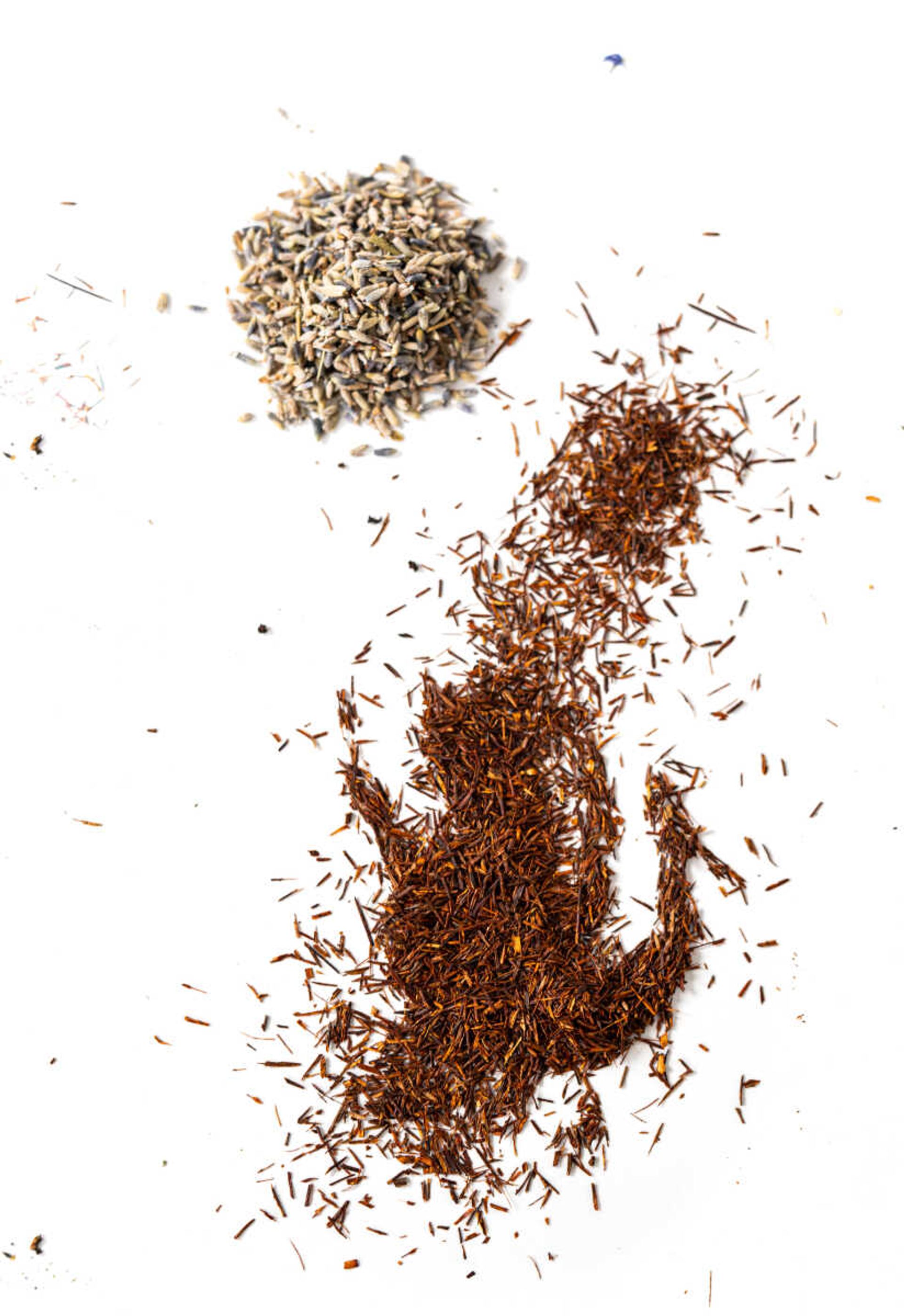
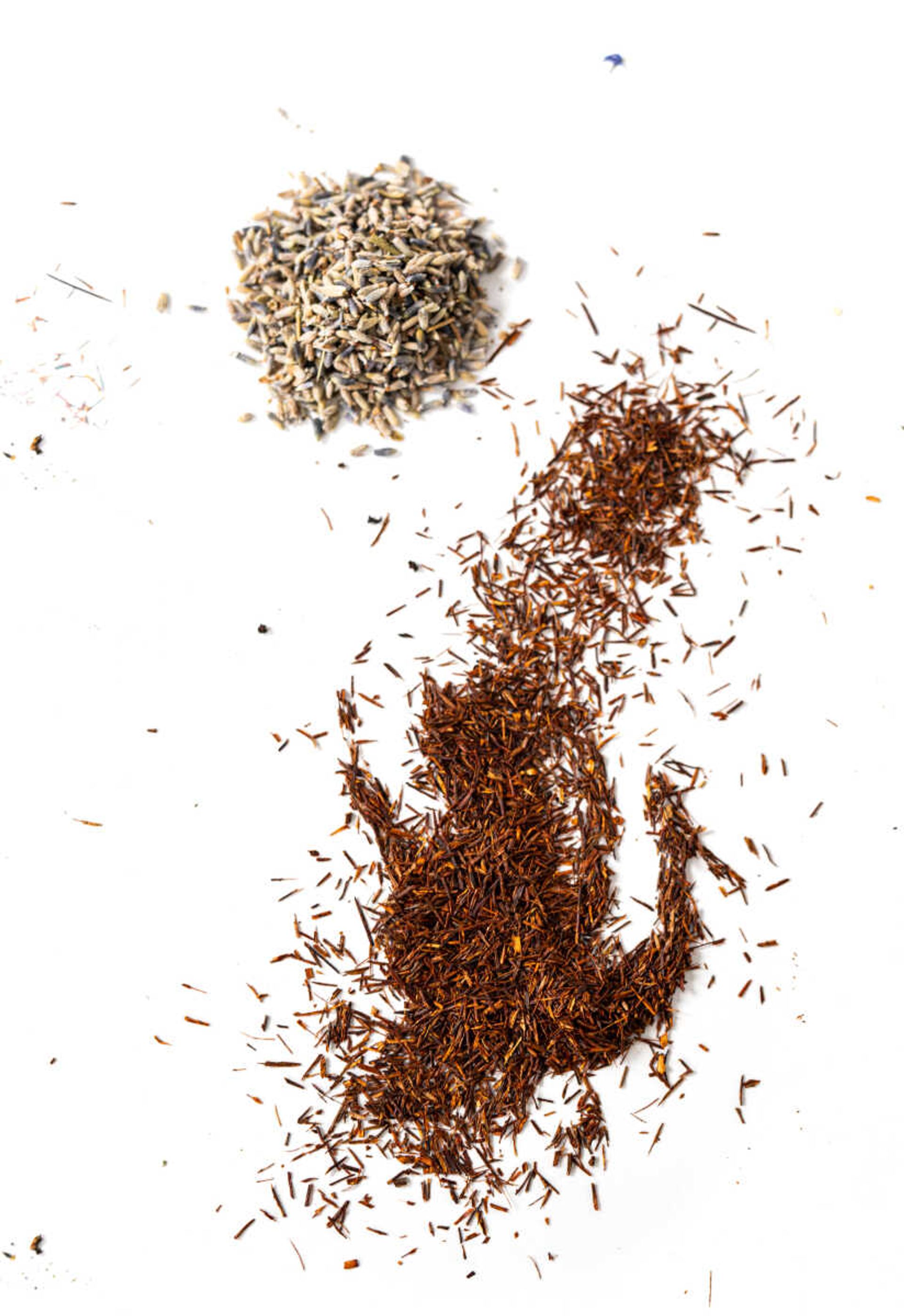
__Other benefits__
One of the major benefits of tea is that it forces us to slow down and create a routine for our bodies. This can have a positive effect on mental health and help with managing stress.
“With a lot of tea, there’s a certain amount of time that it needs to steep. If you go too far past [that time], it can become bitter. If we don’t go long enough, we don’t get the full effects of it getting steeped,” Tillman says. “So there’s that time frame, which I think can encourage us to slow down.”
Wang-McGrath enjoys tea for the comfort it provides. As soon as a guest walks in her door, one of the first things she asks them is, “Do you want a cup of tea?” She says it is a welcoming drink meant to be enjoyed alone and also to share with others.
As for Glaus, she says she doesn’t use instant hot water heaters when making her tea. She wants to take the time to heat water on the stove with a teapot and steep her tea. She wants to wait, because making tea “reprograms her thinking to do things in a simple step-by-step manner.”
“Tea connects us to our ancestors. It’s a soul thing,” Glaus says. “Take every step. Every single one. And drink it in a pretty cup.”
Connect with the Southeast Missourian Newsroom:
For corrections to this story or other insights for the editor, click here. To submit a letter to the editor, click here. To learn about the Southeast Missourian’s AI Policy, click here.

